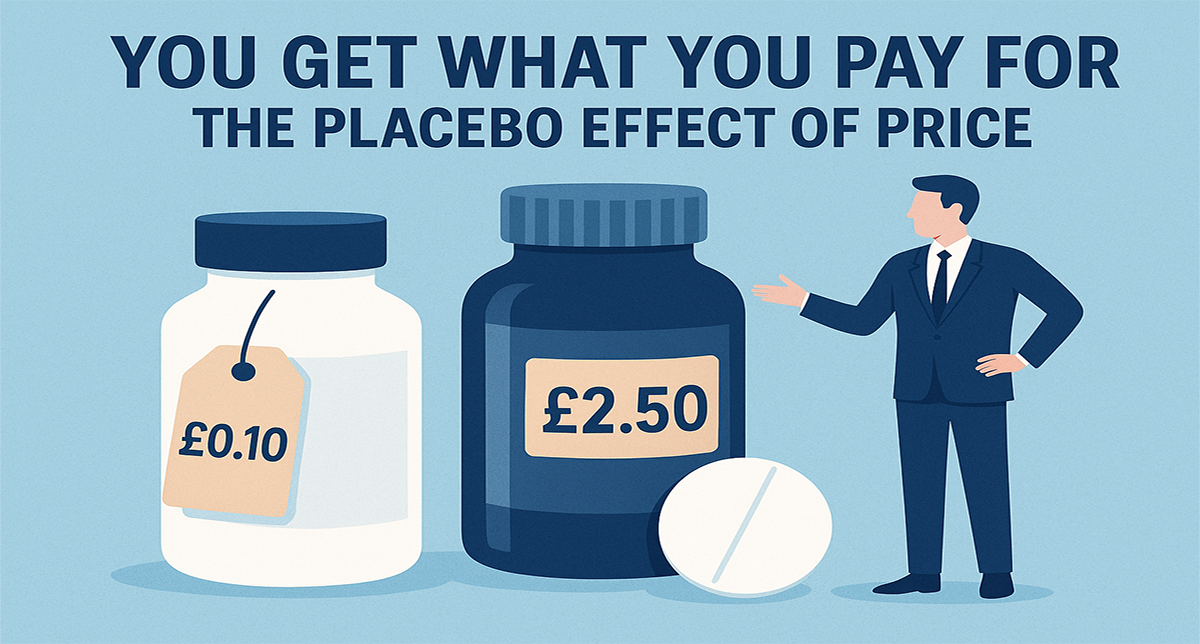What is Courtesy Response?
Courtesy Response is a human trait that leads some individuals to not fully state their unhappiness with a service or product because of a desire not to offend the person or organisation that they are responding to.
It is a tendency for a person to respond in a socially acceptable, polite or positive way, regardless of what they actually feel. Whether or not this strategy works depends on the nature of the problem and the attitude and presentation of the parties involved.
Courtesy Response in Retail
For instance, you go to a store and have a horrible experience. The courtesy response would occur if, when asked by the manager how your experience was, you didn't want to cause the staff any trouble with their boss and responded that everything was wonderful. In order to be positive and polite, your true feelings about the experience are not expressed.
When it comes to shopper and consumer research, it is a well-known fact that what shoppers say and what shoppers do are two different things. You should take these steps to validate shopper responses:
1. Implement reality-based research
Study how real shoppers actually behave in-store instead of asking them after the event; their courtesy response will not match their true actions if you perform the latter.
2. Go beyond words
Introduce research methods that study emotional engagement and non-verbal communication for example. This way, there is no opportunity for their courtesy response to warp your findings.
3. Dig into shoppers' short term memory
Shoppers can remember much of their day to day shopping behaviour for no more than 18 seconds. Understand what you can ask in order to get a meaningful response, not just a courtesy response!
Summary
The courtesy response is never more prevalent than when shoppers and consumers are talking to researchers and answering their questions. Recognise this human trait and make sure that your research agency does too.
Found this helpful? The Courtesy Response is No.13 in a series of cognitive biases - take a look at No.14 - The Decoy Effect.






